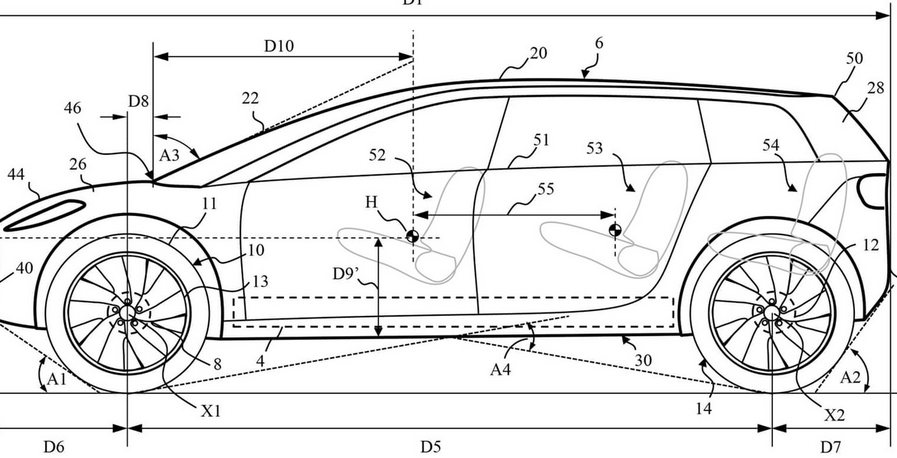Last month, James Dyson announced the abandonment of his electric car project, worth £2bn of planned investment involving 500 staff. One factor in this commercial decision was the difficulty of developing a solid state lithium ion battery, seen as the next step in the evolution of lithium ion batteries. Getting the battery technology right is crucial for achieving commercial advantage in the electric vehicle market. A new entrant needs to offer a significant improvement in performance if it to grow market share, exemplified by Tesla.
Another likely factor prompting the Dyson decision, though not mentioned in press coverage, is the expectation that the car of the future will have autonomous driving options as well as electric propulsion. Autonomy involves either prolonged costly development or buying in someone else’s technology – both involving considerable risk.
As I have argued previously, the benefits to users of the new auto technologies will be incremental, not transformative. Yet the new technologies will be transformative for the manufacturing industry. There is a risk that returns from incremental improvement in performance will be insufficient to reward the large investment in technology development. Dyson may have made a shrewd judgement in cancelling his EV project.

